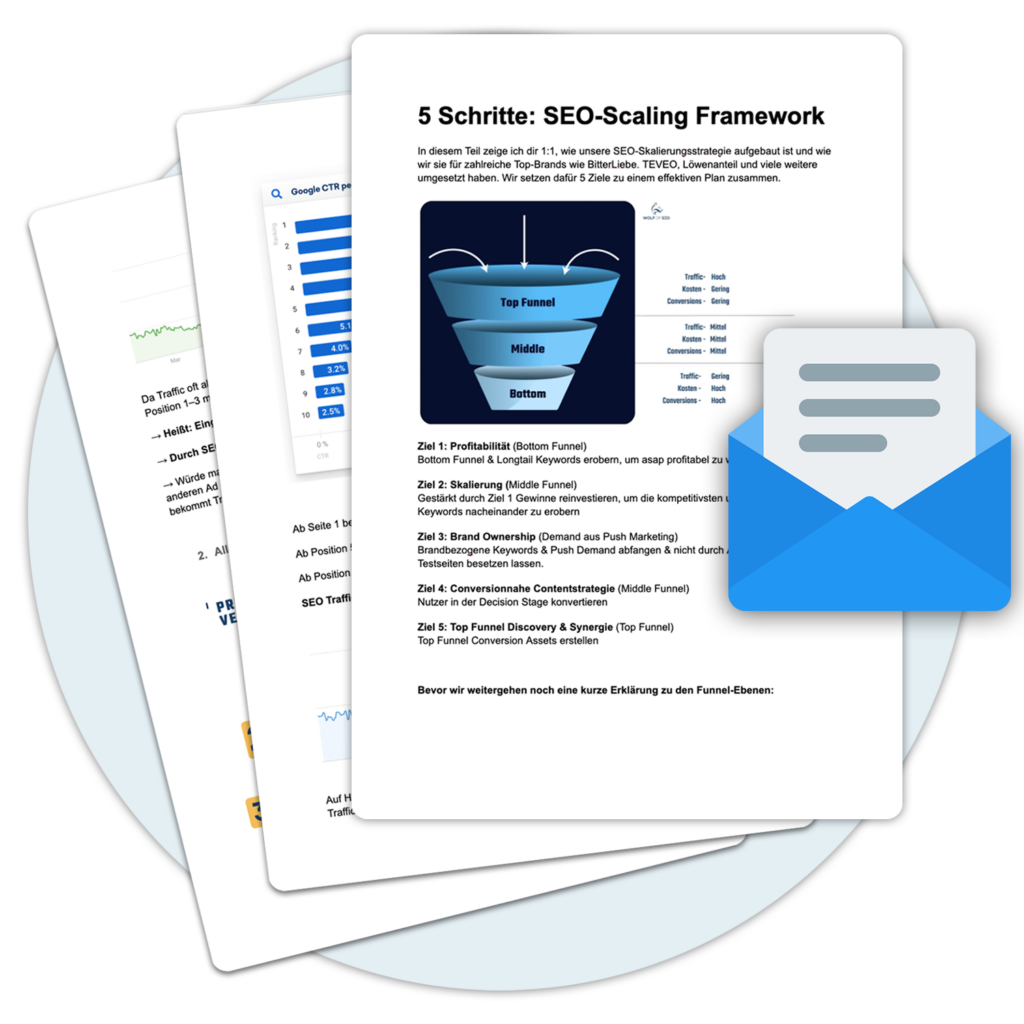What is a VPS?
The abbreviation VPS stands for Virtual Private Server. It is a form of web hosting offered by hosting companies that provide you with a virtual server environment to host your website.
If that's a little confusing, we'll break it down a little bit more.
A server is a computer that is used to store website files and data. When you change a domain name to a Browser enter, the Browser with the server and displays all stored site files.
There are a variety of different forms of web hosting, including dedicated hosting, shared hosting, managed hosting, WordPress VPS hosting, Cloud Hosting and more.
VPS hosting uses virtualization technology to split a single physical server into several different virtual servers. This gives you better access to server resources and lets you expand the virtual server as needed.
Since it's a virtual server, you won't be bound by the limitations of a single physical server. Also, since it's a private server environment, you won't be sharing server resources with other users.
This means you share actual physical servers, but with the virtualization technology in place, there is no overlap in server usage.
How does VPS hosting work?
Let's find out what happens behind the scenes that make VPS hosting work. At its core, it works much like software like VMware. This type of software allows you to run multiple virtualized operating systems on a single machine. So if you're currently using a MacBook running macOS, you can quickly switch to Windows 10 without having to restart your computer.
A VPS server uses similar technology to run a virtual server environment. Suppose you have a standard dedicated server. In addition to this dedicated server, you can create multiple virtual servers that act as their own dedicated server environments.
Usually, a VPS server also pulls from several different dedicated servers. This way, when going offline or undergoing regular maintenance, the performance of your website won't be affected.
Each VPS server is completely isolated and private from any other virtual server using the same physical server.
Advantages ofVirtual Private Server Hosting
VPS hosting is a good choice for users who need more than one shared server but are not quite ready for a dedicated server.
Here are some of the biggest advantages of using VPS hosting:
- It's cost-effective. With VPS hosting, you basically have access to a dedicated server without the cost of a physical dedicated server.
- Major server customization. Generally, you pay for what you want and can only add features you need to run your site.
- Easy to scale server. With VPS hosting you can gradually expand the number of server resources you have access to and not have to pay for server resources you don't need.
- Better server control. If you compare VPS with shared hosting, you get a higher level of access to your server, root access and the ability to run specific server scripts.
- Solid technical support. With VPS hosting, you usually have access to improved technical support and more handholding compared to a standard dedicated server.
Disadvantages of VPS Hosting
Still, VPS hosting isn't perfect for every type of website owner. In fact, you should probably only consider VPS hosting once you've "graduated" from a shared hosting plan. When it's time to migrate your shared hosting to VPS, you'll get more space and flexibility in managing your website. ,. However, there are some drawbacks you should be aware of.
Here are the biggest disadvantages of VPS hosting:
- It is comparatively more expensive. If you are coming from shared hosting, then you know that VPS will be more expensive than shared hosting. It is not as expensive as Dedicated Hosting. However, the price depends on your overall resource needs. Overall, it is cost-effective, but you will pay a higher monthly rate than you are used to.
- You may encounter resource allocation issues.This happens when another website running a VPS consumes too large a volume of physical server resources and slows down the performance of your website. However, this usually happens only when you use a low-quality VPS host.
When should I use VPS hosting?
VPS is a common next step after your website has exhausted the limits of a basic shared hosting plan. It's a nice intermediate product for those who don't want to upgrade to a fully dedicated server, but for whom shared hosting is no longer enough.
When should I use virtual private server hosting?
VPS is a common next step after your website has exceeded the limits of a basic shared hosting plan. It's a nice intermediate product for those who don't want to upgrade to a fully dedicated server, but can't use shared hosting anymore.
So, what is VPS hosting used for? Take a look at the following situations:
- You need speed and power. As your site grows in size and you experience a higher volume of Trafficthen you need a hosting plan that can keep up. VPS hosting is scalable and can support large and high-traffic websites.
- You need a custom server setup. With a VPS server, you get more control over your server environment. Not only do you get root server access, but you also have the ability to choose your own operating system and make other customizations.
- You want flexible server resources. With VPS hosting you'll be able to increase your server resource needs more easily when your website grows or you experience a high traffic volume. Since you aren't limited to a single physical server, it's much easier to increase your resource needs.
Essentially, a virtual private server gives you the same benefits that a private server gives you, all while sharing the cost of hosting services.
« Back to Glossary Index






